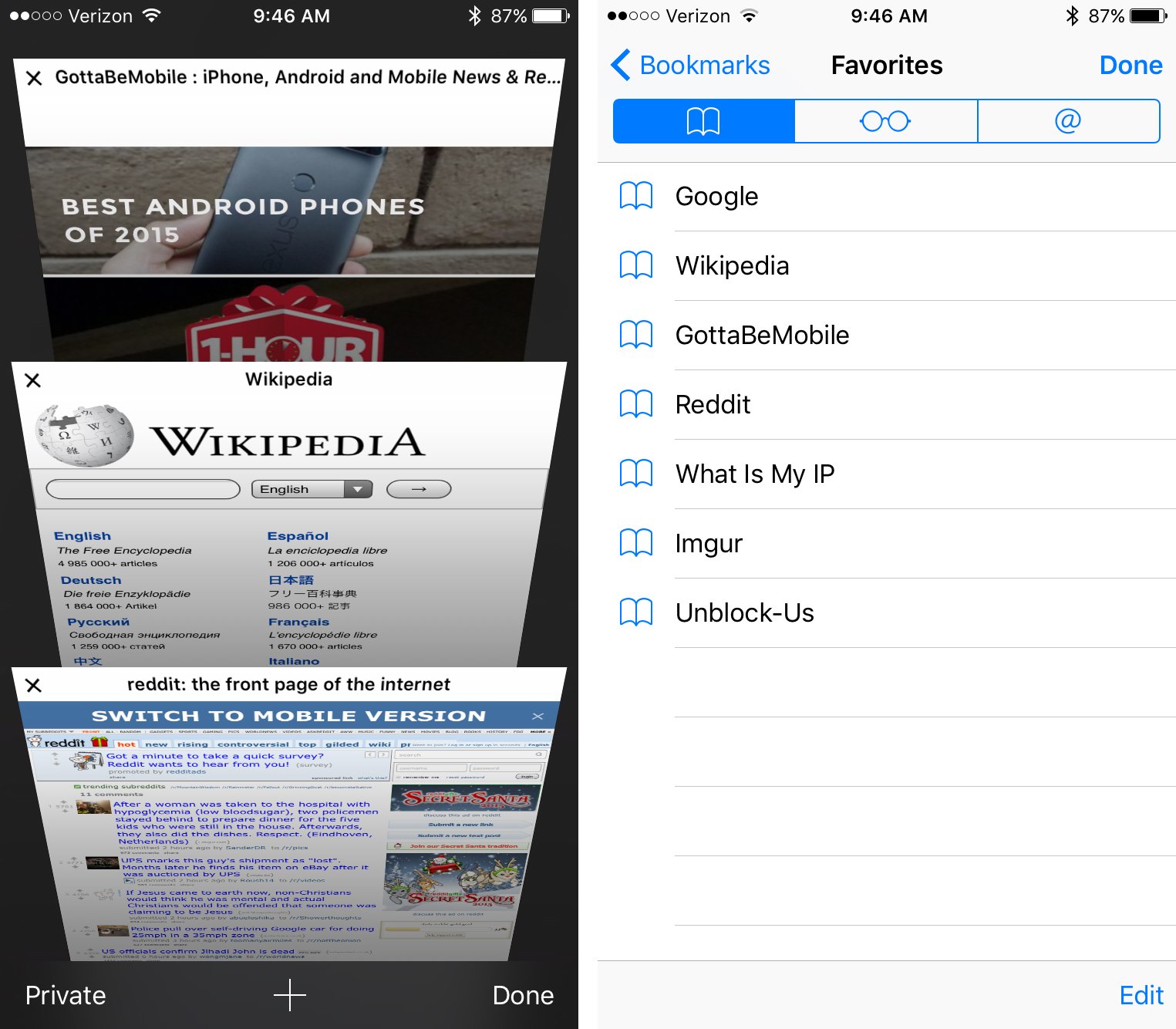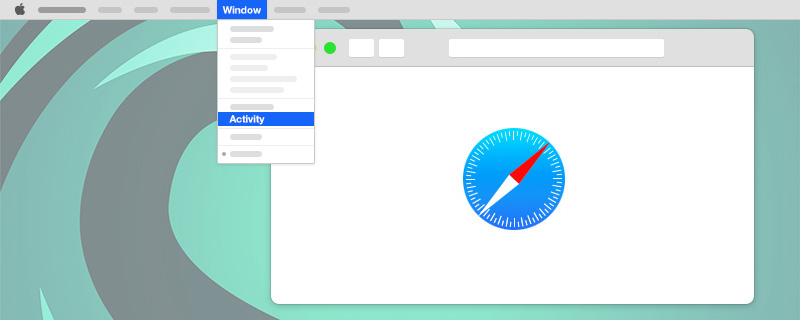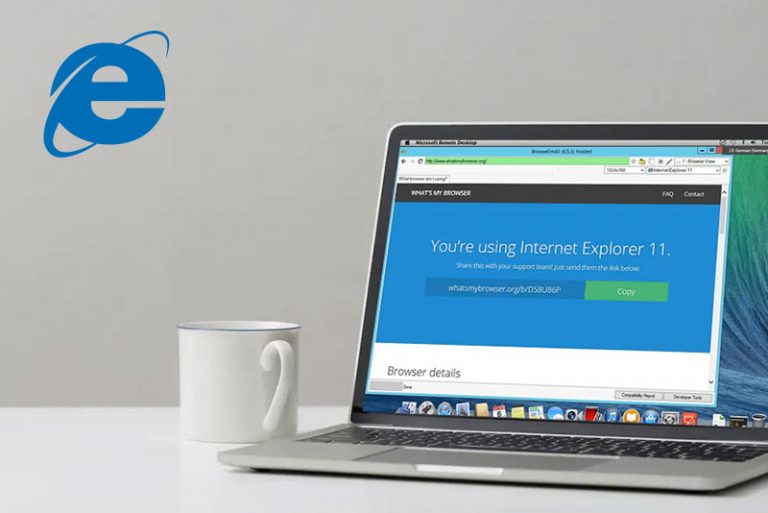

Instead of people conforming to you, you need to conform to your users. Not everyone can afford a new computer, not everyone can get or afford fast internet. If a website is too slow, their solution is to buy a stronger computer and get a faster internet. They create websites on powerful computers with ultra-fast internet. If it doesn't work, their solution is to use what they use. They use Google Chrome, they test on Google Chrome, therefore it works. It seems to me that modern programmers have myopia. And worst of all, some websites will not load unless you enable javascript. Many times they try to load multiple analytic websites why is one not enough? There are multiple unscrupulous, abhorrent privacy-hating advertisers internet ads once worked quite well without tracking, which means they can work today. Some websites try to load scripts from 15+ different sites. I dislike the experiences enabled by JavaScript-driven web APIs so much I've taken to browsing with JavaScript disabled." I find the experience of modern websites so unreliable, slow, and overall user-hostile that I prefer to do literally anything else. "I should probably admit now that I hate the modern web. So no more component searches and RS lose a customer. Then suddenly one day any attempt to search for a component yielded nothing except a permanent spinner, apparently waiting fro something that never occurred. One simply searched for a component and the item came up on the screen. For example, until a couple of months ago, the RS components web site (which we've been buying from for years and years) worked perfectly in a slightly older version of Firefox with javascript disabled.
APPLE SAFARI WEB RUNS RISK BECOMING CODE
When you examine the source it's typically a bloat of obfuscated client side code that can neither be checked for security or run in the older browser. Many flat content web pages now refuse to render except in the very latest generation of browser.

APPLE SAFARI WEB RUNS RISK BECOMING UPDATE
That in turn forces the churn that sustains the update rate - a vicious positive feedback loop that serves nobody except the technocrats. but what's worse is web devs immediately latching onto the new "features", making older browser unable to render their productions. And before you say Libre Office, I know there are alternatives, but I have to use Exchange 365, and our IT department have disabled access from all non-Microsoft apps, so I can't even use the built in clients on my iPhone any more :(.Ībsolutely agree. Yet it is using extra resources in doing so. I don't need Outlook to analyse my work patterns and suggest when I should break for lunch, and I don't need it to analyse my grammar.

I need Outlook to access my email and manage my work calendar. Remove unnecessary bloat, such as features that aren't necessary for the core function of the suite or application. If the hardware we have is too slow, then optimise the code. We don't need our browsers to become almost replacements for our operating systems (as they seem to be doing), and start to move back to using locally stored applications. I think we need to stop pretending it's good to bung everything on the web.

As you might on a train journey for instance. It also means they won't work if you lose your connection. I mention this, because Web Apps tend to store their data in the cloud, and even where they don't, they probably have to send locally stored data to a server somewhere so they can process it. Even if you have it written in a contract that Microsoft et al don't have access to the data you store on their servers, all that says is you have some legal recourse if they do access it, which is essentially shutting the barn door after the horse has bolted. You also don't know what access others have to the data you store on the cloud, which has massive privacy implications. That access can be (and probably is) logged and profiled. I think we need to take a step back from shoving everything on the browser, and work out what a browser needs to do, particularly the privacy, and reliability implications.Įverything you do on a browser will require server access at some point. Re: new "features" and "improved experiences" nobody asked for.


 0 kommentar(er)
0 kommentar(er)
